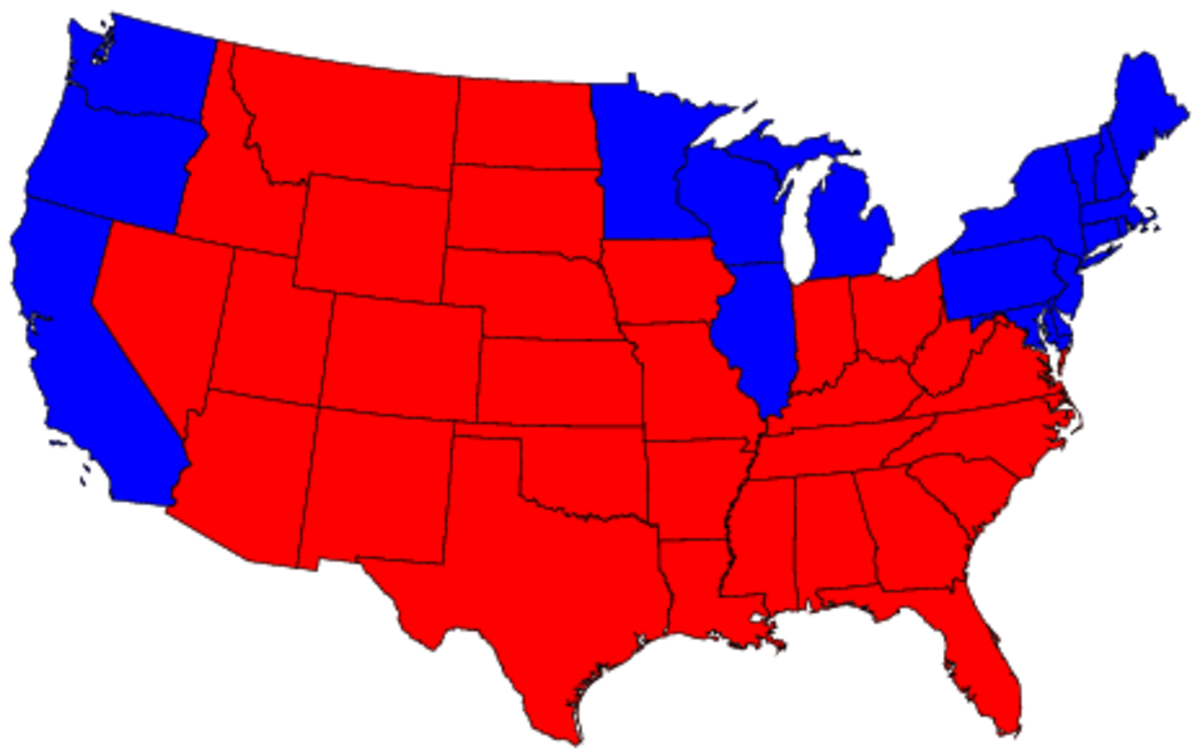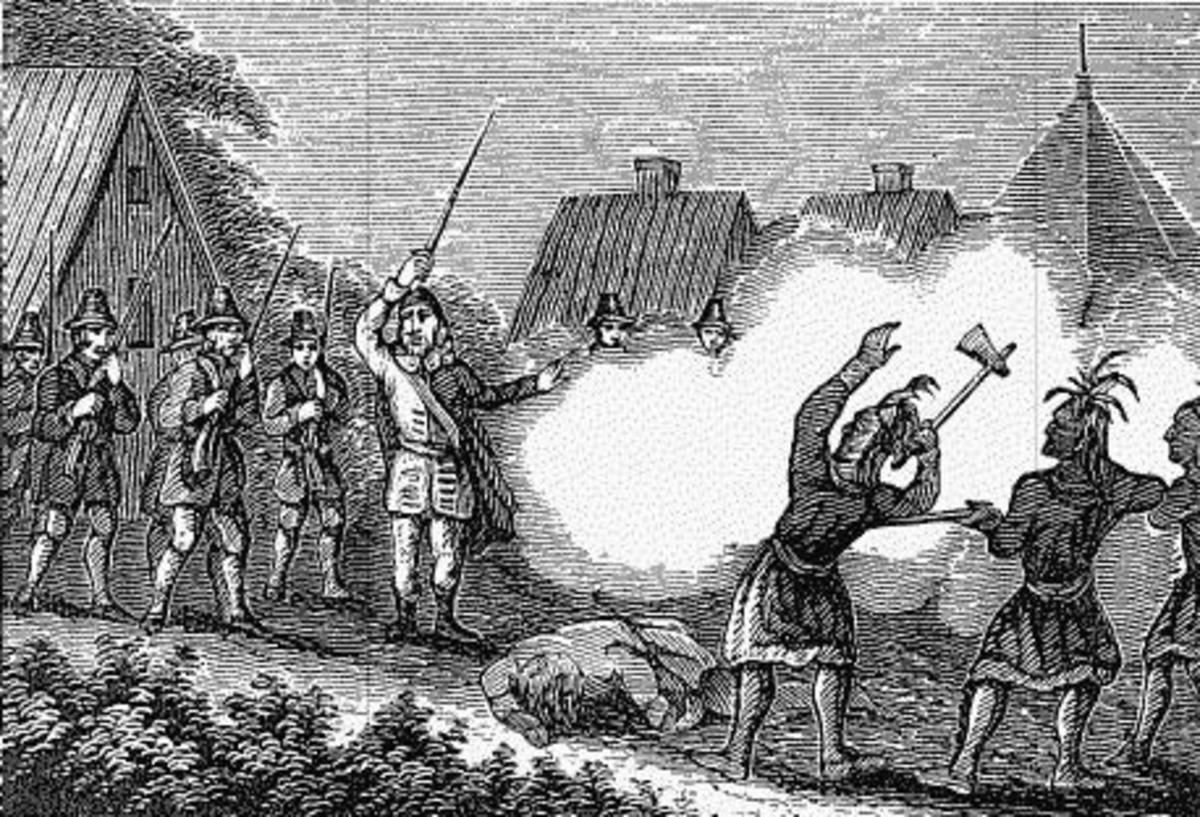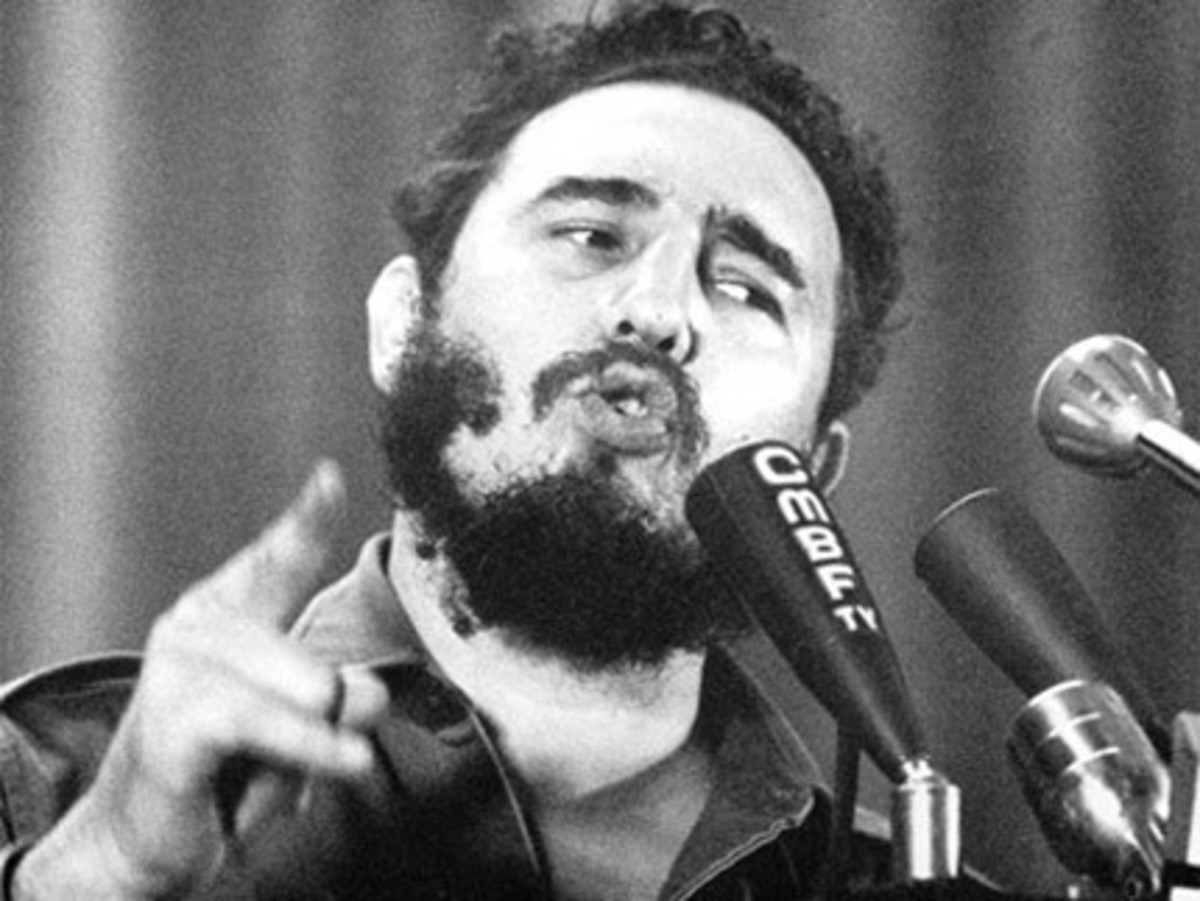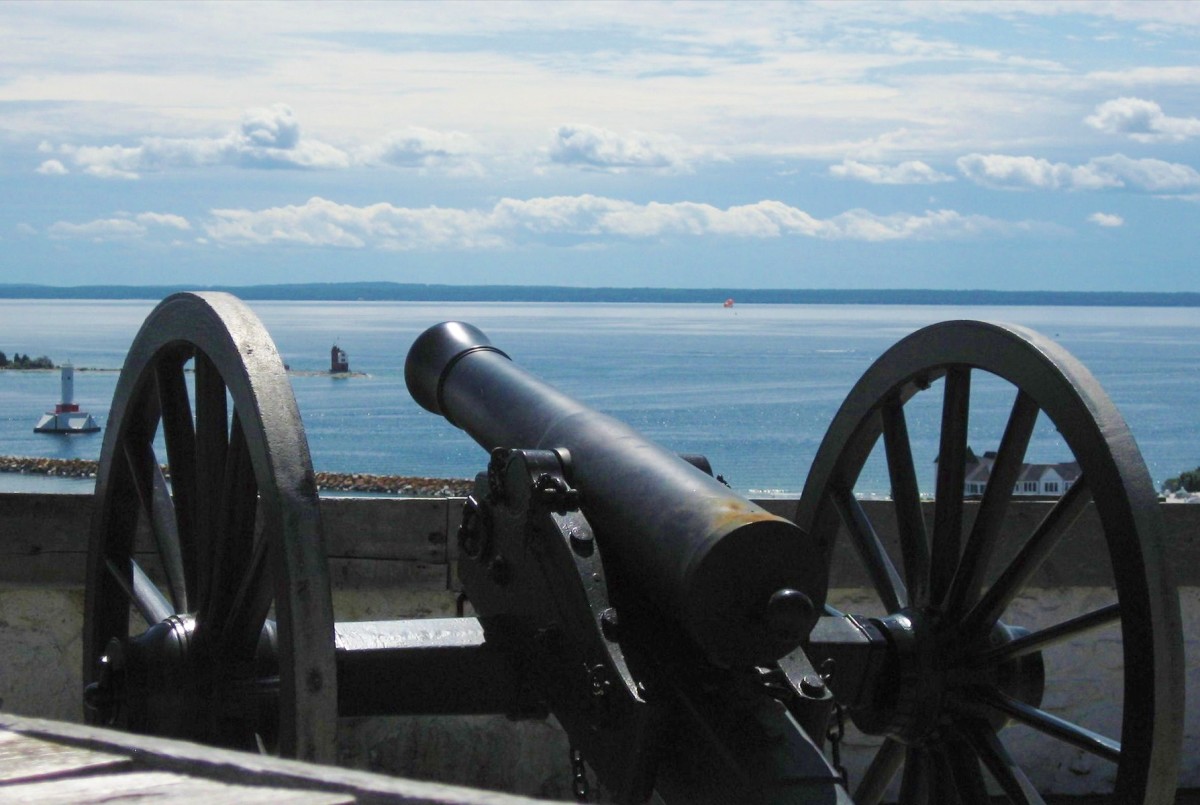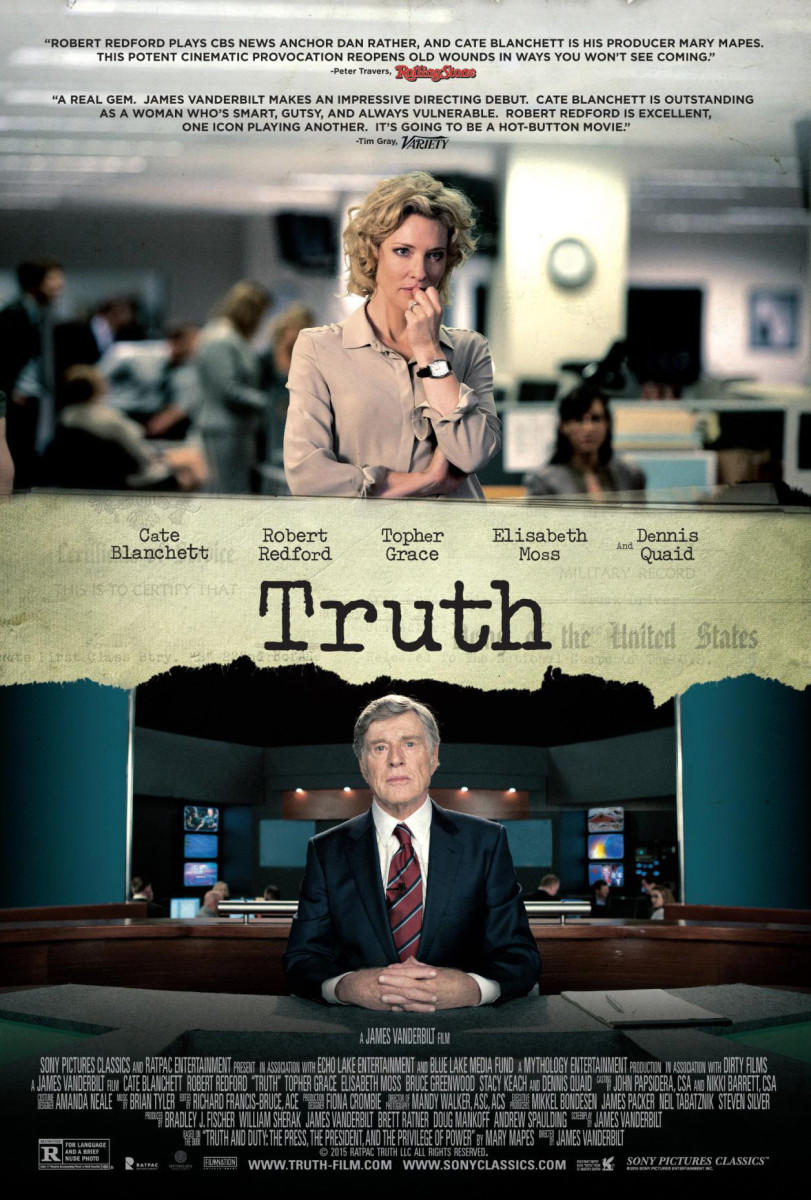The Blond Gilper Is Captive to His Theoretical Biography.
Those who did not know Chalabi al-Ashkar before 2011 do not realize the extent of the turn in his intellectual and political positions at the beginning of what he saw as the "long-term revolutionary process". The mass popular protests that then swept through many cities in Arab countries, and led to the fall of the heads of the pyramid of the ruling authorities. The transformations in Gilbert's blond approaches to complex issues, such as the role and interaction of internal and external factors in shaping change in the countries of the region, or in determining the priority to be focused in the region, or in dealing with political forces and personalities, cannot be understood. Different, without awareness of the fact that this process has become his main political bet to bring about the radical change desired in the Arab world. Despite the developments that followed, and the wars and horrors that followed, Al-Ashkar remains convinced that from a historical perspective it represents nothing but a setback. He chose for his second book, 2017, entitled "The Setback of the Arab Uprising – Pathological Symptoms", to emphasize the inevitability of a renewed revolutionary process. In the future.
It is this intellectual and political bet, above all else, that explains the changes in blond attitudes and analyses. I have known Al-Ashkar for nearly three decades, and the man was clearly standing in the anti-imperialist and Zionist ranks, and he has actively contributed to the campaigns of solidarity with the Palestinian people or those against the wars of aggression against Afghanistan, Iraq and Lebanon, and publicly supported the Lebanese resistance during the July aggression. August 2006 in articles published in Al-Akhbar, and in a book he published with Michel Warschaffsky entitled "The 33-Day War". The positions he is announcing today, some of which differ to the extent of contradiction with those he has defended in the past, are due to his belief that a historic phase of all its forces, including the Lebanese and Palestinian resistance sits with their main factions, has fallen, and that the Arab uprisings have been established for a new historical phase. Other revolutionary forces will emerge. This semi-abstract theoretical belief, and its adherence to it despite all the changes and developments, has resulted in a significant separation from the realities and events of the actual conflicts currently taking place in the region, and sometimes deliberate disregard for them or neutrality towards their groups, some of which were "old" resistance forces, which were blond He supports it, keeping him away from the class he belonged to for much of his intellectual and political career.
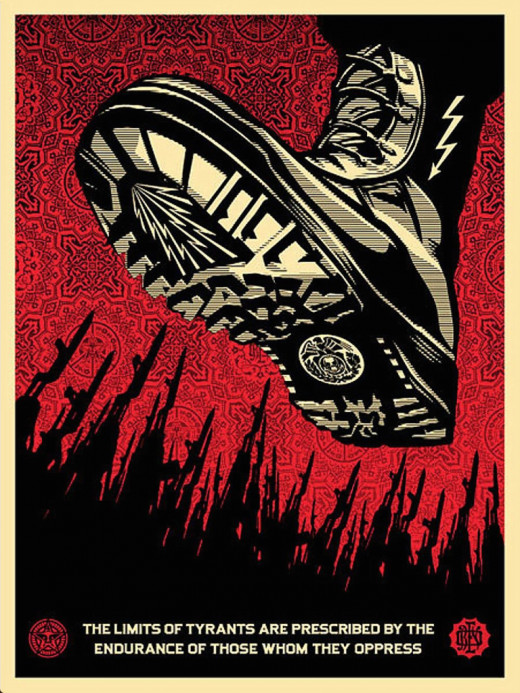
In 1999, He published an important book entitled "The New Cold War: The World After Kosovo", in which he referred, before many researchers specializing in international relations, to the return of tension between the parties of the so-called "strategic triad", the United States on the one hand, and China and Russia on the other. As a result of the adoption of a containment strategy against these two countries, and their attempt to destabilize and weaken them. Remarkably, this was said before Vladimir Putin came to power late in the year, pursuing a more assertive policy toward the United States. In Ashkar's view, the United States was primarily responsible for international tensions, and for the majority of wars and conflicts, i.e. the main enemy of all the peoples of the world, primarily the peoples of the South, which he reaffirmed in his later articles and books (such as his 2002 book Saddam barbarians). The U.S. administrations, from George Bush, Jr. to Barack Obama, continued their work to deploy missile shield in Russia's neighbors, and in attempts to expand NATO eastward, to its borders, and to deploy militarily. In China's vicinity, the two countries have not adopted the option of confrontation with them, after insisting for many years to seek understanding. But this has not deterred him from undoing these conclusions, and he is now equal to the United States and Russia, in terms of "imperialist policies". In a 2016 interview with Jacobin, he argued that "Moscow's actions follow the same logic as Washington. Russia views Syria as a strategic value just as the United States has seen Vietnam in the past, or any regime Washington was willing to support through direct military intervention". When the United States launched its criminal war on Vietnam, Iraq, or other countries, it did not do so because it was contained and surrounded by another international force, as was Russia when it intervened in Syria.
It intervened to get out of the encirclement and return to the international arena, prevent the United States from overthrowing a new regime, after Iraq and Libya, and reformulating the territory in accordance with its interests. I will not enter into a debate about the nature of the Russian state, or China, this is a long time, but what is certain to this day is that America is deploying its forces in their vicinity, not the other way around, in an attempt to exterminate its regressive hegemony. Is it possible to ignore NATO's pivotal role in resolving the war in Libya's favor? We have heard many voices, including al-Ashkar, asserting that those who will control the machinations of the "revolution" in this country are ultimately its people and revolutionaries. A quick look at what Libya's situation is today, having become a battleground between local ruling gangs allied with regional and international powers, enough to refute the thesis of the predominance of local dynamics in determining the direction of events in any country where the state is disintegrated and subjected to major international intervention that exploits internal divisions. to carry out his own agenda. The same applies to Syria, whose crisis has been transformed from the first weeks into a local/regional/international conflict, with opposition parties and countries such as France, Qatar, and the United States seeking to reproduce the Libyan scenario. And this was thwarted by the intervention of Syrian state allies, but al-Ashkar remained insisting at first that we were facing a popular revolution, and then he moved to condemn the intervention of these allies and to downplay the intervention of regional and international opposition sponsors.
Can anyone concerned with the Palestinian issue, or even its supporters, ignore the ongoing and escalating hybrid war between the axis of resistance and the U.S.-Israeli-Saudi alliance, which revolves around the growth of the military and missile capabilities of the Axis powers, and the resulting adjustment of the balance of power? Military to Israel's advantage? The recent military confrontations between the occupying army and the resistance forces in Gaza have demonstrated the extent to which the latter's capabilities, particularly rocket-propelled grenades, have evolved, which the parties to the axis of resistance have played a crucial role in providing, according to the leaders of the Palestinian resistance factions in the Gaza Strip. It is no secret that the U.S. recklessness in the war on Iran, and the policy of extreme pressure to which it is subjected, are all linked first and foremost to its central role in the process of building and accumulating military capabilities in the face of Israel, and that the latter and its allies in the Donald Trump administration and the Deep American State, were The first instigator and active participant in the push toward the policy of the brink of war with Iran and its allies. Hundreds of raids on positions in Syria, which soon expanded to include Iraq, thousands of attacks according to former Israeli chief of staff Gadi Azinkot, some carried out on the ground in the heart of Syria (in partnership with the factions of the "Syrian Revolution"), increasing statements about the need to resort to war, the latest of which was expected by the Jerusalem Institute "There is increasing reasonableness for provocations by Iran, and as of mid-2020, there is a possibility of a confrontation due to increased Iranian activity to collect fissile material," he said. This dictates an Israeli military readiness for an independent treatment. Preparations are needed for the worst-case scenarios, including an Israeli decision to initiate a pre-emptive war against Hezbollah".
Al-Ashkar shaves on top of all these data, not even mentioning them, and he looks far away, where the "revolutionary process" will resume independently of the old "counter-revolutionary" forces, even if they are on the brink of war with America and Israel. But what revolution is that of the conflict with Israel and the U.S. hegemony over the region, its peoples and capabilities?
Those who have read The First Blond's Texts and know the severity of his classifications of the political forces that stand initially at least in the same camp against America and Israel must be surprised by his sympathy for ideological opponents and advocates of U.S. intervention in Lebanon and the region, such as Salim and Makram Rabah. The two men do not hide their convictions, and did not hesitate to make interventions at a seminar for the Washington Center for Near East Studies, known as the Center for the Israeli Lobby in the United States. In which Washington called for intensified pressure on Hezbollah and its allies Classified by the Communist Party as "Stalinist". Arab nationalist organizations as "small and oscillating bourgeoisie" and Islamic movements as fundamentally reactionary, now stands in solidarity with the orphans of Rumsfeld and Bolton in the face of those who demand that their thesis be addressed!
This content is accurate and true to the best of the author’s knowledge and is not meant to substitute for formal and individualized advice from a qualified professional.
© 2019 Hafiz Muhammad Adnan

